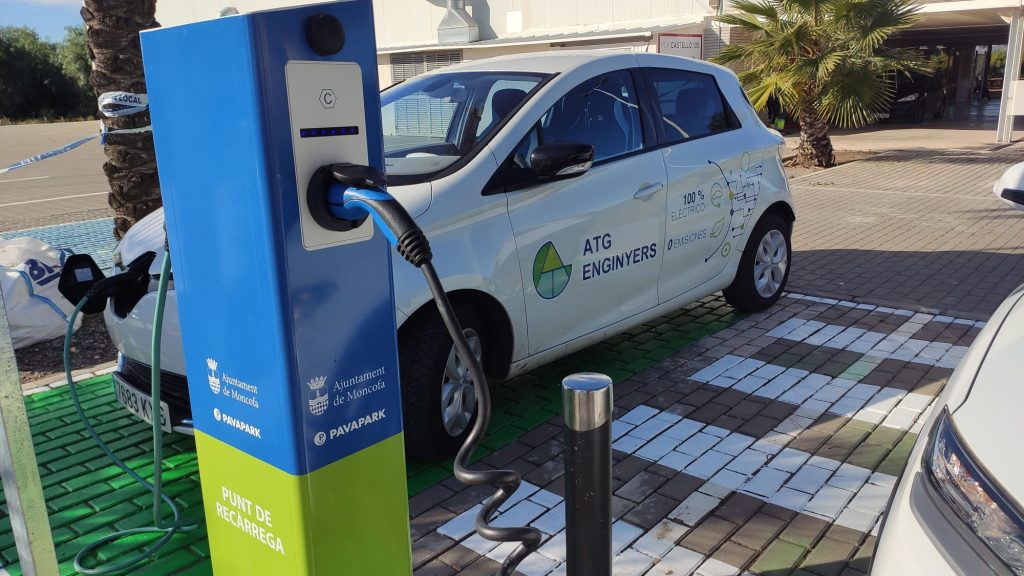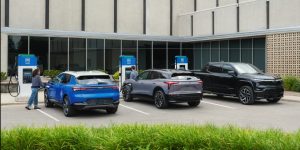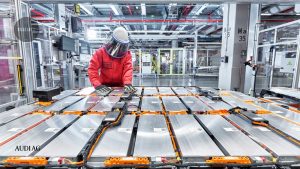
Study Forecasts Brazil to Exceed One Million Electric Vehicles by 2030

Partnerships between the public and private sectors, coupled with large investments by well-known automotive manufacturers have driven the transition to electric vehicles in Brazil.
Electric and compressed natural gas truck and bus sales increased from a few dozen in 2020 to 408 in 2021 and 1,004 in November 2022.
In January 2023 alone, the Brazilian Association of Electric Vehicles (ABVE) reported historic figures for electrified car registrations with more than 4,000.
The outlook looks even more encouraging after the most recent report published by the Federal Energy Research Company, which points out that the Amazonian country will surpass one million hybrid and battery electric vehicles by 2030.
As for trucks, a gradual penetration of electric, hybrid and natural gas units is projected over the next decade. This movement has intensified in recent years, as a result of the increased mobilization of companies and governments in sustainability strategies and initiatives.
Related content: Brazil to be the New Destination for the “Latam Mobility & Net Zero Day”
Progress and Challenges
The study notes that vehicle electrification has increased due to state and municipal incentives, as well as exemption from vehicle restrictions and tax discounts.
In addition, the national urban mobility policy has led to the creation of plans that imply reductions in emissions and pollutants.
In addition, some municipalities that join the C40 alliance, which brings together almost 100 leading cities in the world that collaborate to address the climate crisis, can accelerate the implementation of policies to reduce emissions,
Not everything is positive, since the research points out that Brazil could be a late adopter of electric vehicles, because it is an oil producer, with the capacity to produce renewable fuels, and an industrial park capable of developing local technologies, as happened with flex-fuel vehicles (gasoline/ethanol).
Aspects related to affordability, in addition to the lack of infrastructure, such as recharging stations, and skilled labor, are major obstacles to the massification of electromobility.





